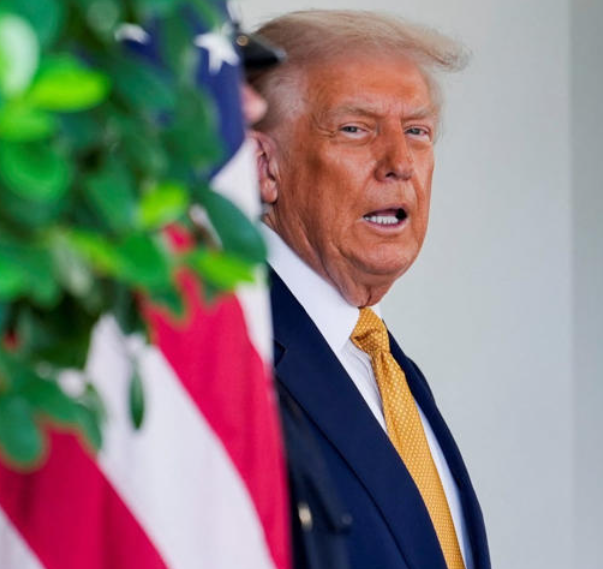The Taraba State Ministry of Justice, in partnership with development organizations, has begun developing guidelines for the implementation of plea bargaining to strengthen the Administration of Criminal Justice Law, ACJL, in the state.
The Commissioner for Justice and Attorney General, Yakubu Maikasuwa, SAN, announced the initiative on Friday during a one-day workshop on the development of plea bargain guidelines held in Jalingo.
The workshop was organized in collaboration with the Rule of Law Empowerment Initiative, also known as Partners West Africa Nigeria, PWAN, and the MacArthur Foundation.
Maikasuwa explained that the adoption of plea bargaining is aimed at ensuring speedy and effective justice delivery.
He described the approach as a “three-way traffic” system that balances justice for the defendant, the victim, and society as a whole, ensuring fairness in the discharge of justice.
The Attorney General emphasized the need for Taraba State to align with global shifts in criminal trials, moving from traditional methods to modern practices.
He also highlighted the ministry’s ongoing efforts to address prison congestion through a committee comprising judges and key stakeholders.
Maikasuwa expressed appreciation for the support provided by PWAN and the MacArthur Foundation in enhancing the state’s criminal justice system and pledged continued government backing for the judiciary.
Also speaking, the Programme Officer with PWAN, Mrs. Rebecca Bala, said the initiative would help Taraba State implement a modern and accountable criminal justice system.
She noted that PWAN has supported similar reforms across Nigeria and commended Taraba for adopting plea bargaining as a tool to accelerate the administration of justice.
On his part, the Chief Judge of Taraba, Justice Joel Agya, stated that plea bargaining, if implemented transparently, would promote efficiency, fairness, and accountability in criminal justice.
He explained that it would reduce the burden on courts, save public resources, and ensure the speedy resolution of cases without compromising due process or the rights of the accused.
Justice Agya stressed that the success of plea bargaining would depend on clear and transparent guidelines that protect the rights of all parties while maintaining public confidence in the justice system.
He expressed confidence that the assembled legal experts, judicial officers, prosecutors, and defense lawyers would contribute meaningfully to the development of the guidelines.
Taraba justice system adopts plea bargain, develops implementation guidelines





